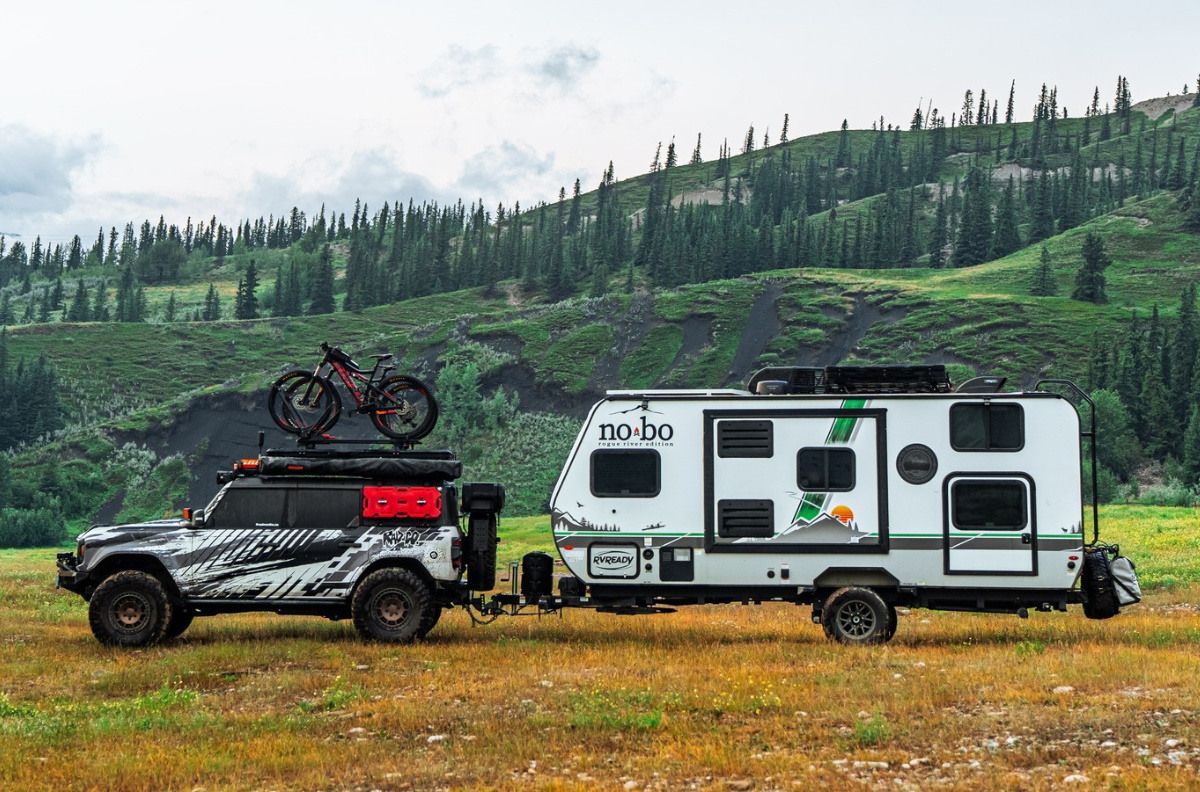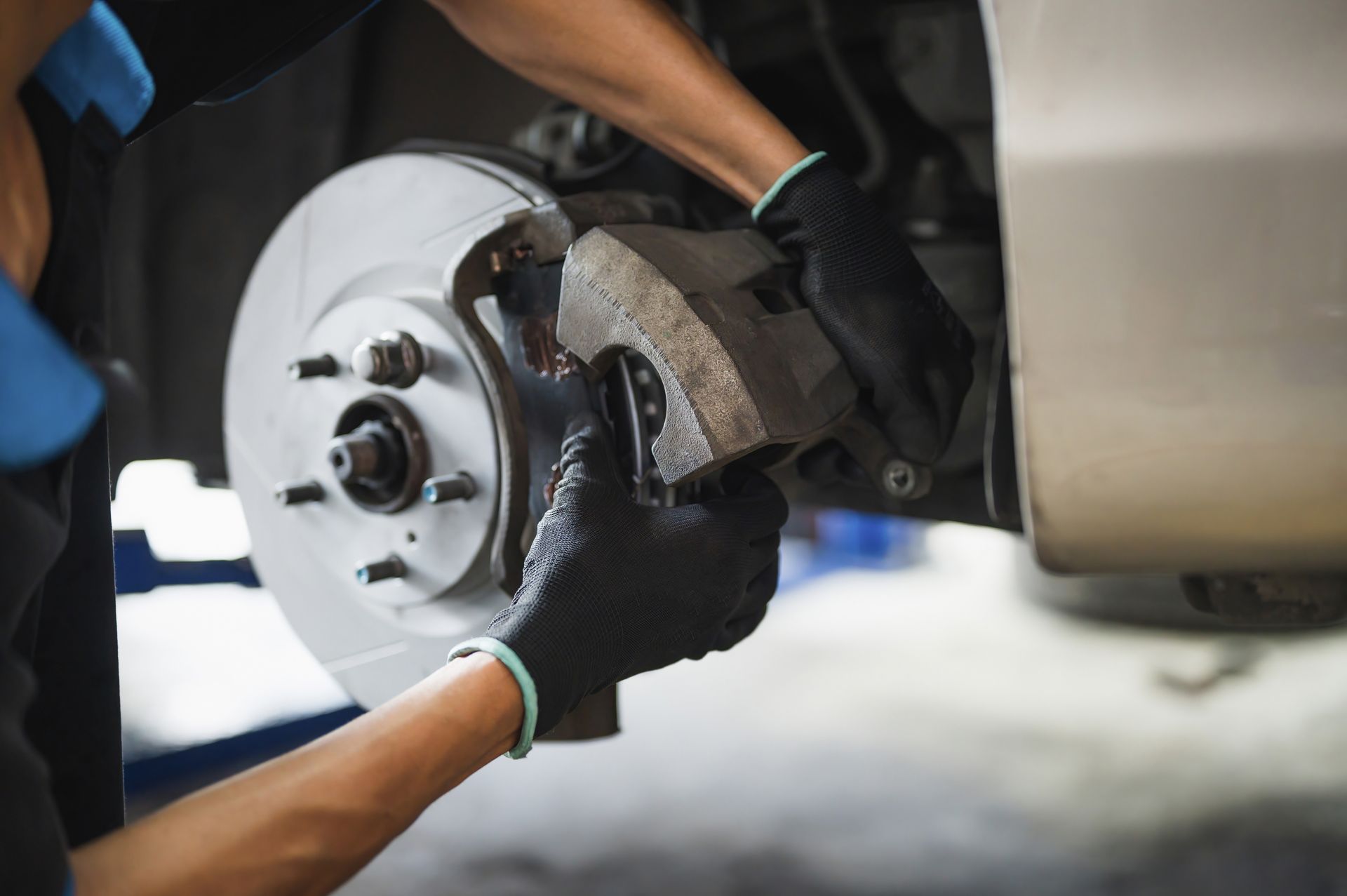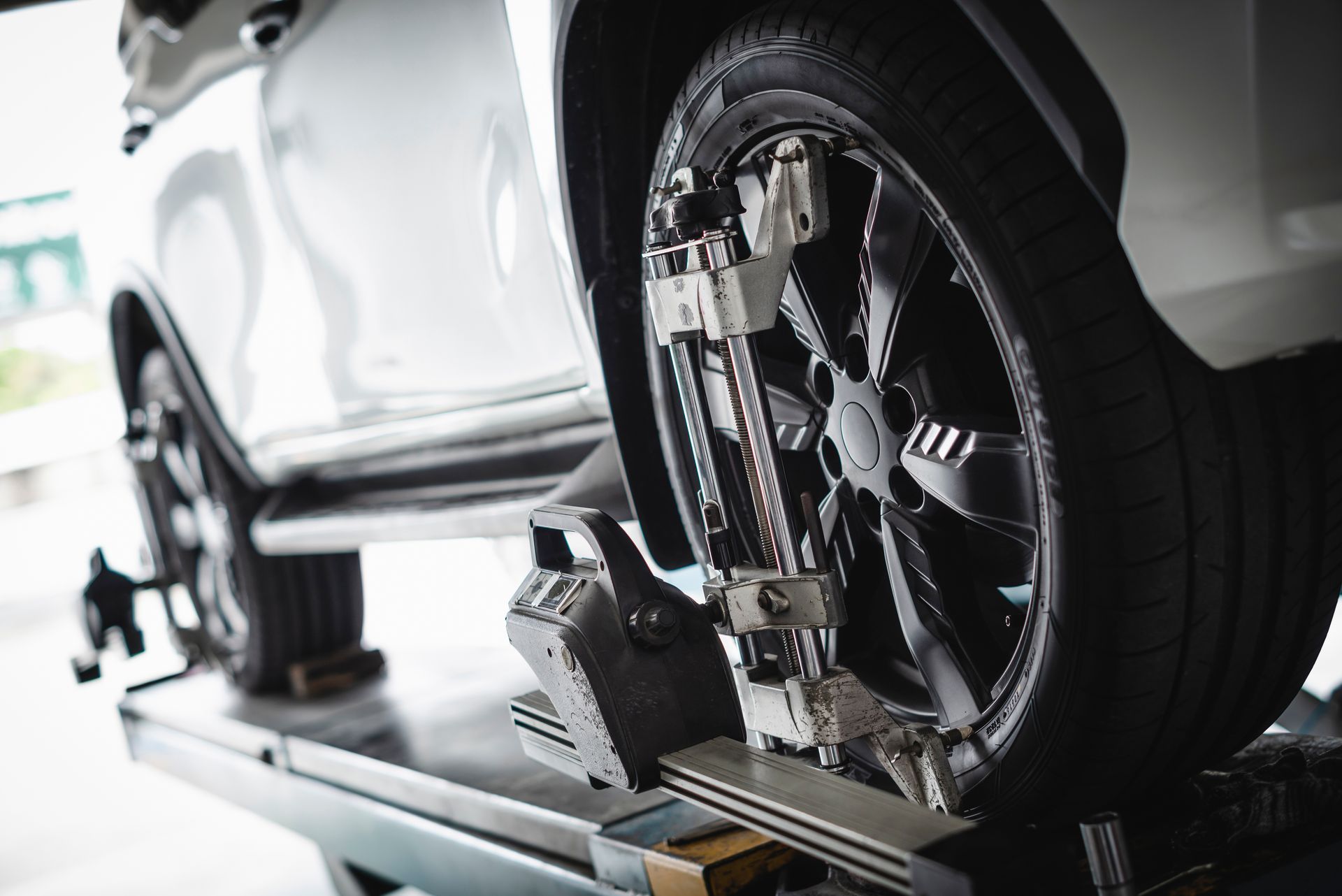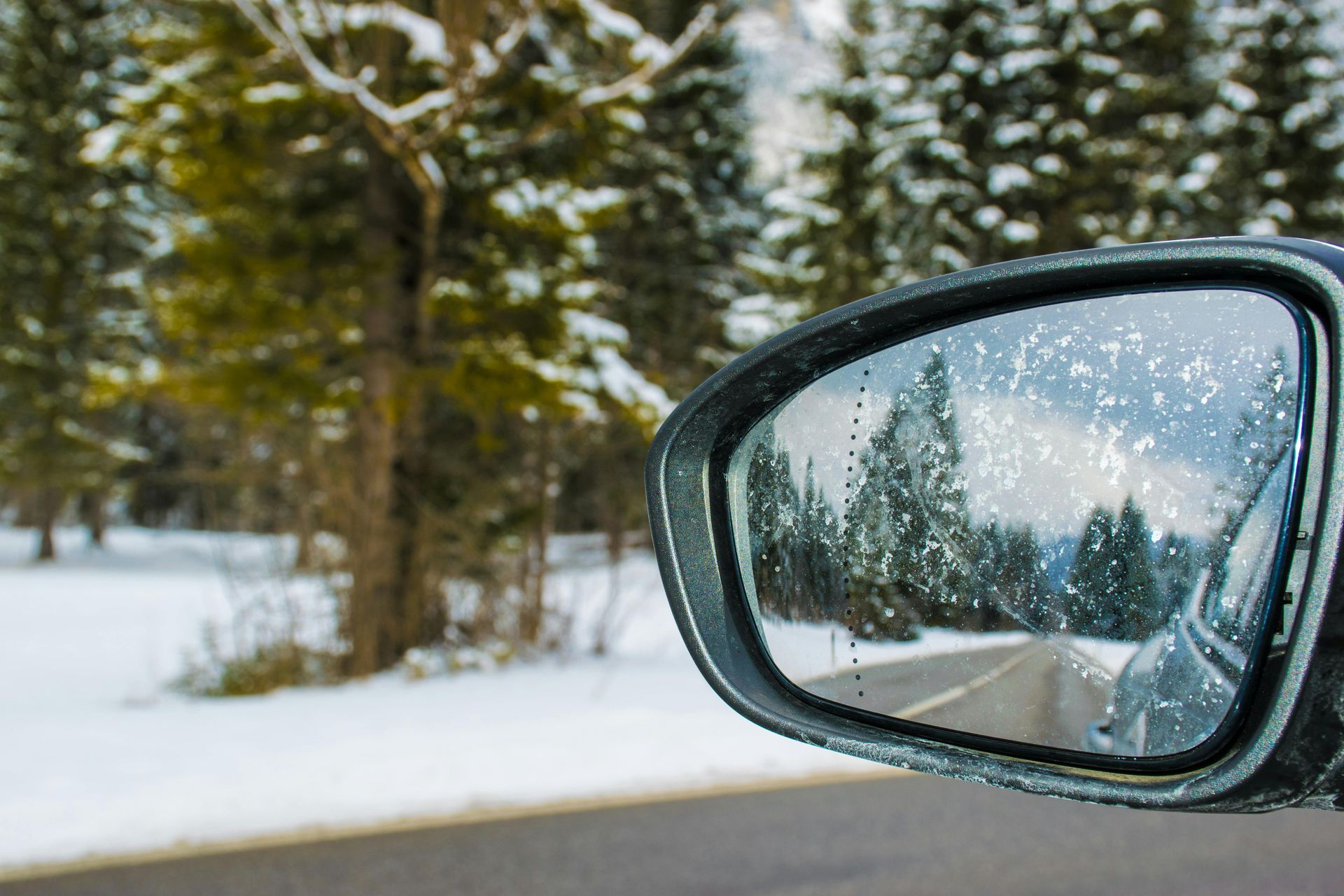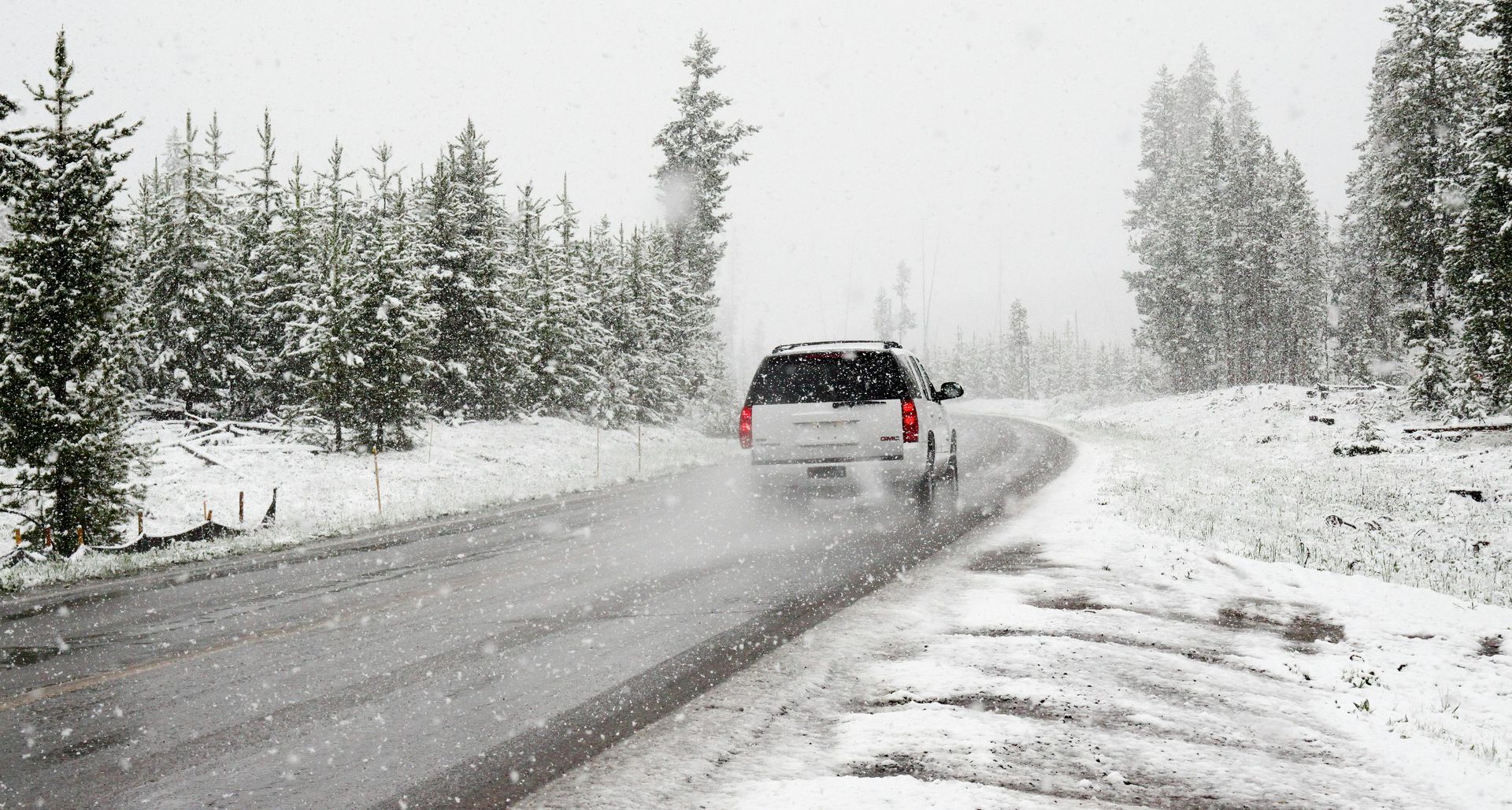When purchasing a vehicle, whether it's new or a used one, making an informed decision is crucial to ensuring your investment is sound. Here at Total Automotive in Fort Collins, CO , we believe that a pre-purchase inspection is an indispensable part of the car-buying process. Let's delve into the reasons why pre-purchase inspections are essential and how they can save you both money and stress in the long run.
Understanding Pre-purchase Inspections
A pre-purchase inspection is a detailed assessment of the vehicle's condition before finalizing a sale. At Total Automotive , our expert mechanics meticulously examine various components of the vehicle, including the engine, transmission, brakes, cooling system, and more. This thorough evaluation helps uncover any hidden issues that might not be immediately apparent during a standard test drive.
The Benefits of a Pre-purchase Inspection
One of the primary advantages of a pre-purchase inspection is the peace of mind it offers. Buying a car is a significant financial commitment, and understanding exactly what you're getting beforehand can prevent buyer's remorse.
Furthermore, identifying existing or potential problems allows you to negotiate a better price with the seller. Our Total Automotive team in Fort Collins could help you save money by uncovering costly issues that could arise later. A thorough inspection also provides you with bargaining power, putting you in a stronger position to negotiate repairs or adjustments.
What Does Our Pre-purchase Inspection Cover?
When you bring a vehicle to Total Automotive, our comprehensive pre-purchase inspection includes:
- Mechanical Components: Engine, transmission, exhaust system, and suspension.
- Electrical System: Battery, starter, and alternator.
- Safety Features: Brake system, airbags, and seat belts.
- Interior and Exterior Condition: Upholstery, frame, and paint.
- Diagnostic Tests: An OBD-II scan to detect error codes.
Why Choose Total Automotive for Your Pre-purchase Inspection?
At Total Automotive, we pride ourselves on offering transparent, trustworthy services to our Fort Collins community. Our team consists of seasoned auto technicians equipped with the latest diagnostic tools to ensure a thorough evaluation of any vehicle.
Our expertise extends beyond mechanics. We're passionate about educating our customers, ensuring you understand the findings of your pre-purchase inspection and how they might affect your vehicle's future condition and performance. We are here to empower you with knowledge, allowing you to make decisions confidently.
Taking the Next Step
Considering a vehicle purchase? Visit Total Automotive in Fort Collins, CO for a comprehensive pre-purchase inspection. Our team is dedicated to providing you with the insights and peace of mind needed to make a smart investment. Experience expert automotive care that you can trust. Let us help you make an informed decision that suits your needs and ensure that your next vehicle is a perfect fit for you.
We invite you to schedule an appointment and take the first step towards securing your investment. Don’t let unwelcome surprises catch you off guard. Let Total Automotive be your guide in the vehicle purchasing process.

